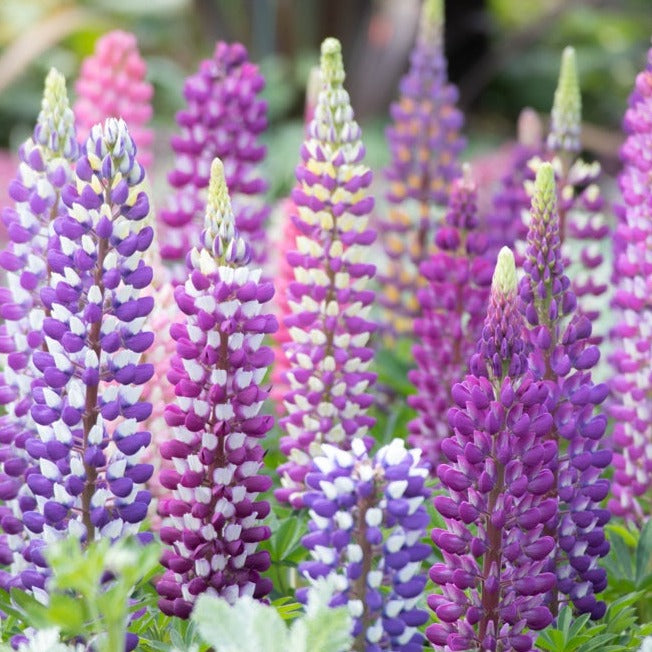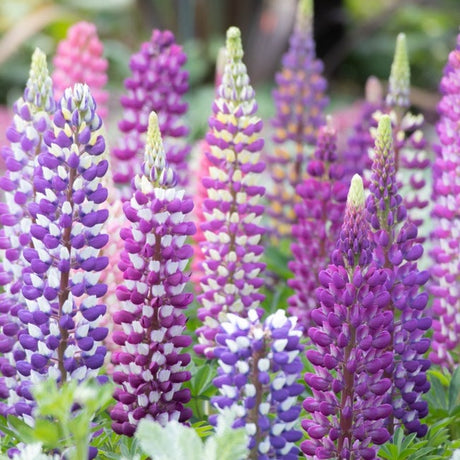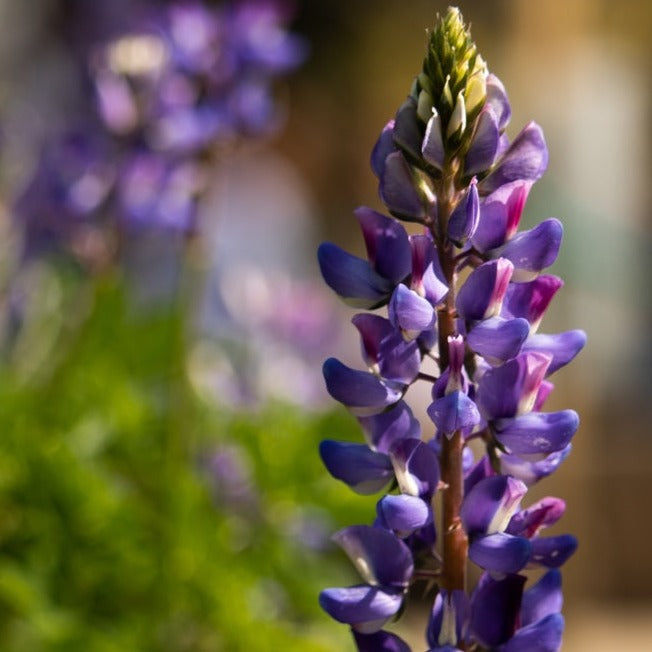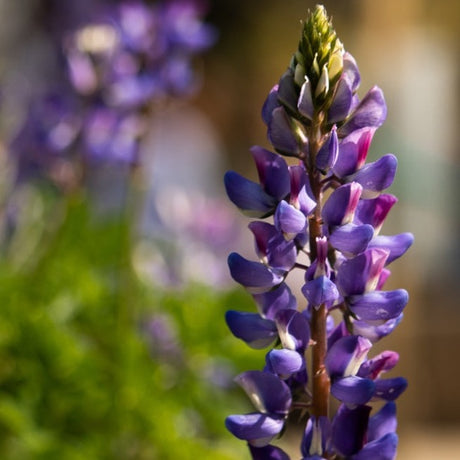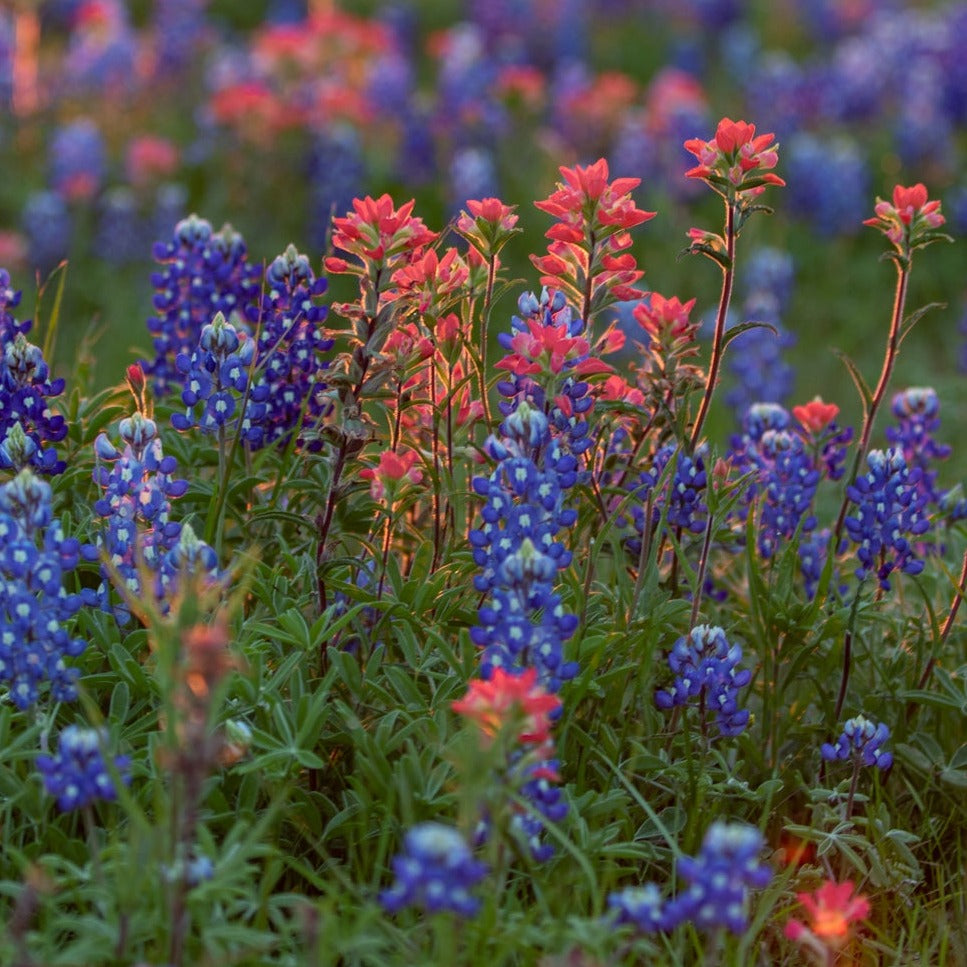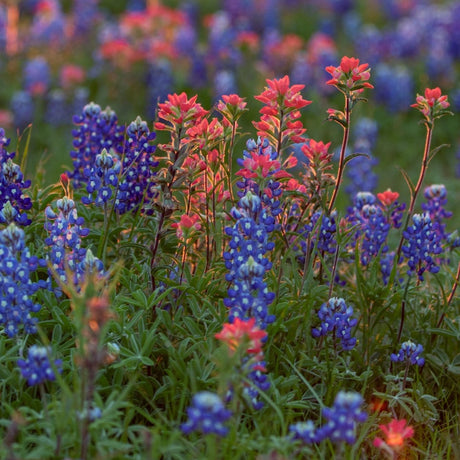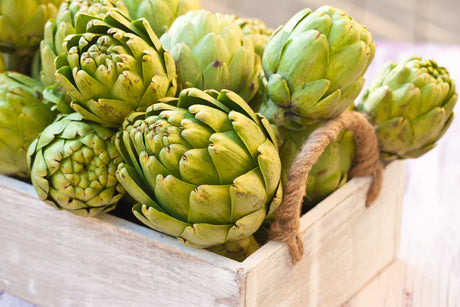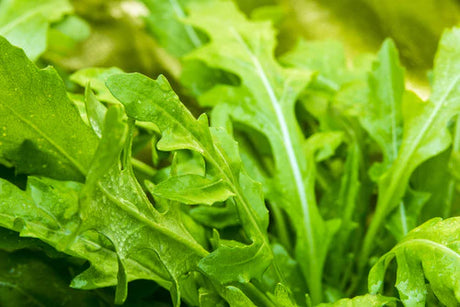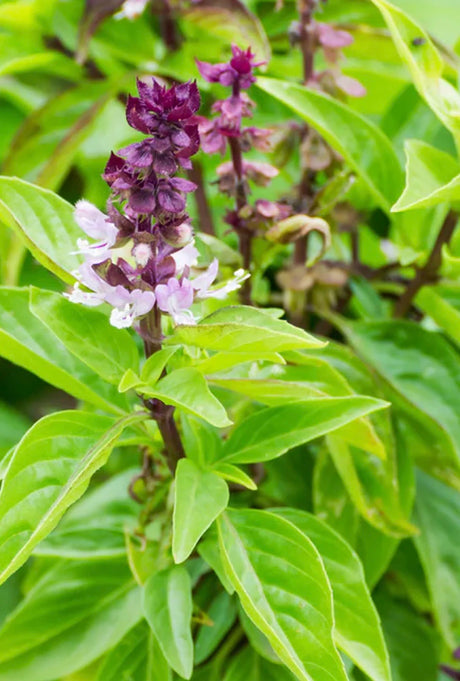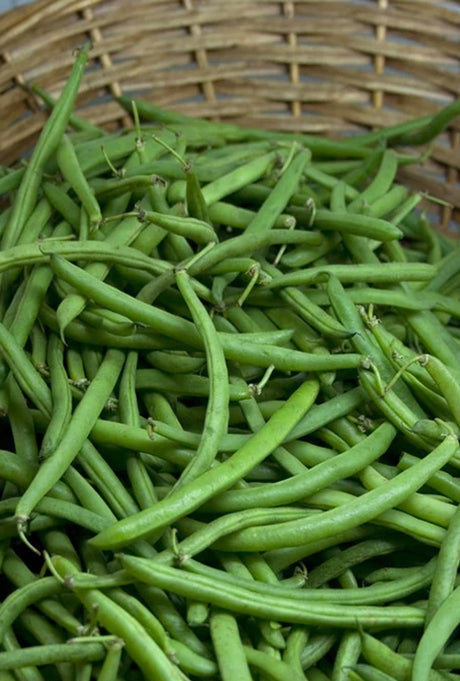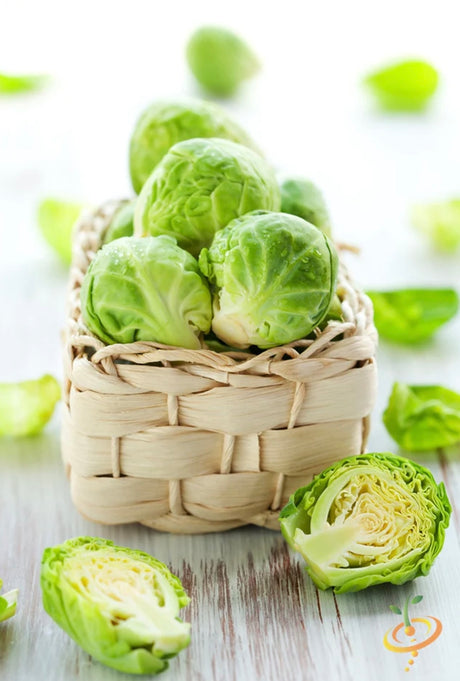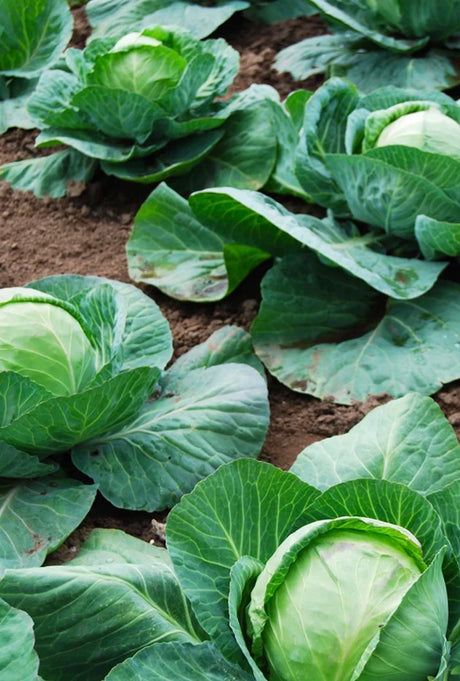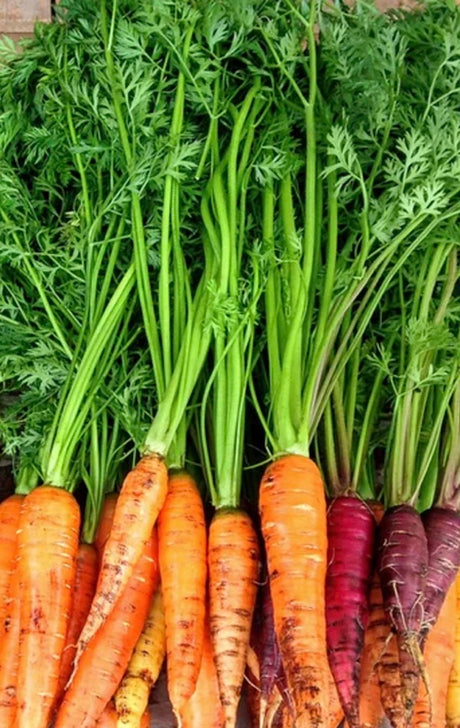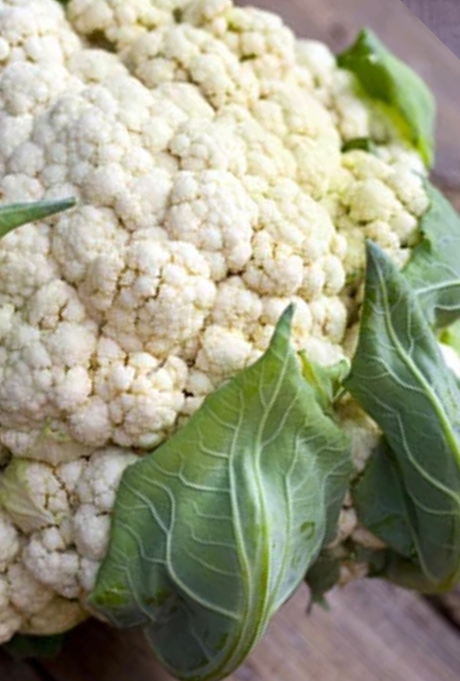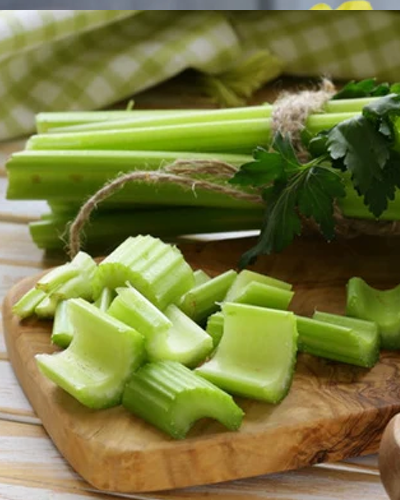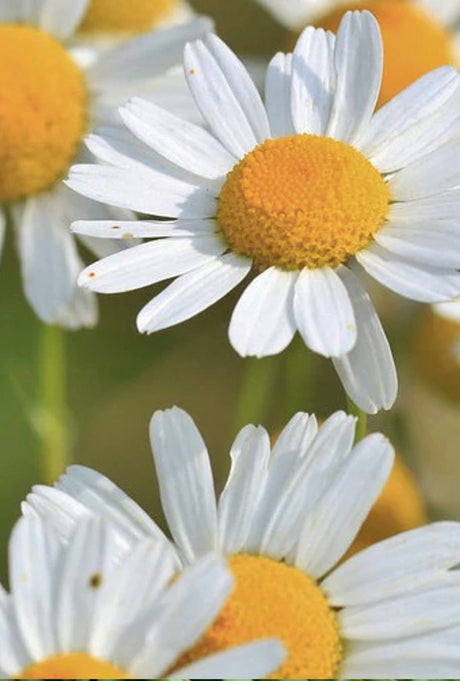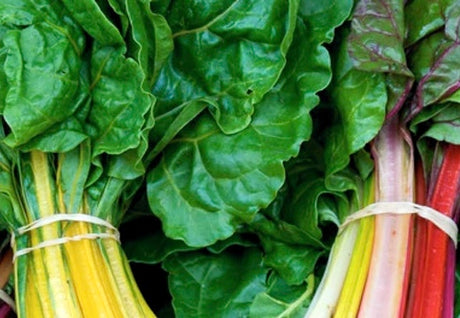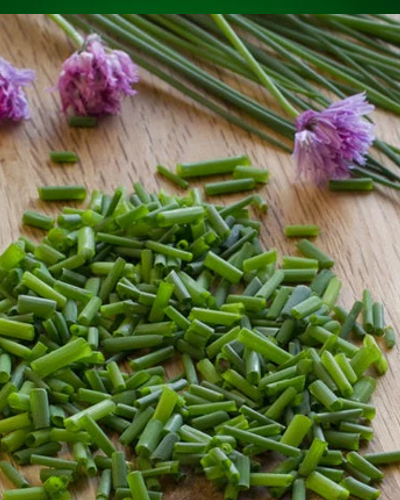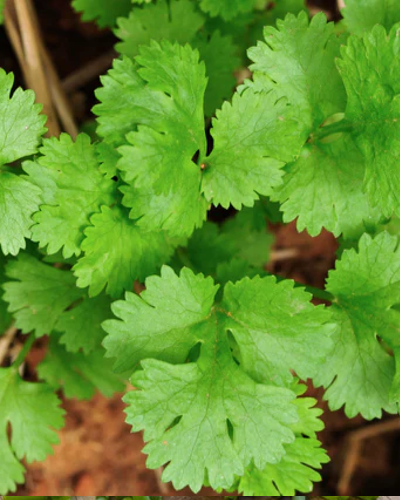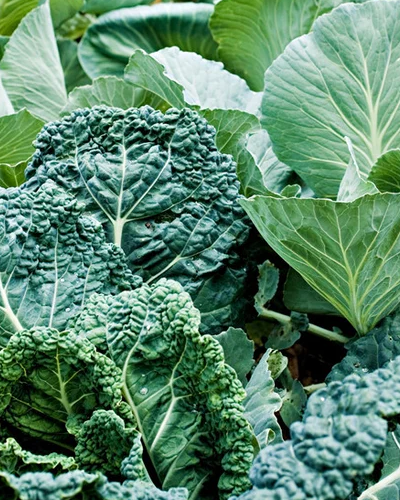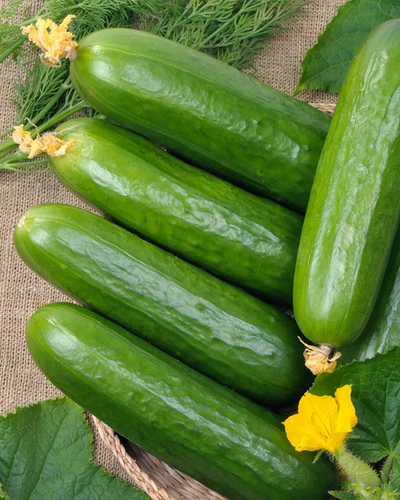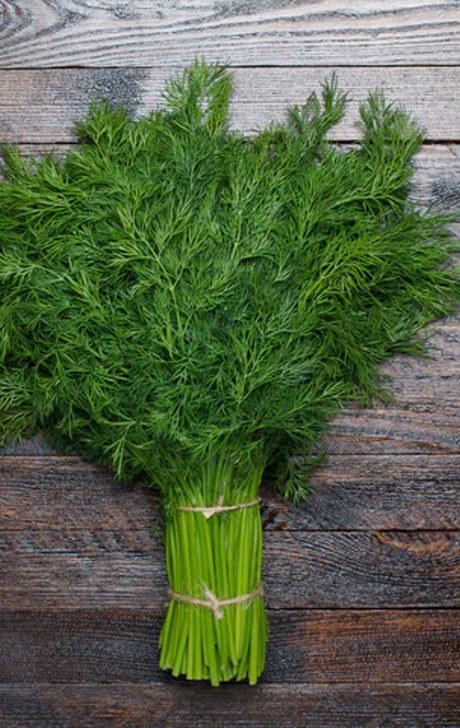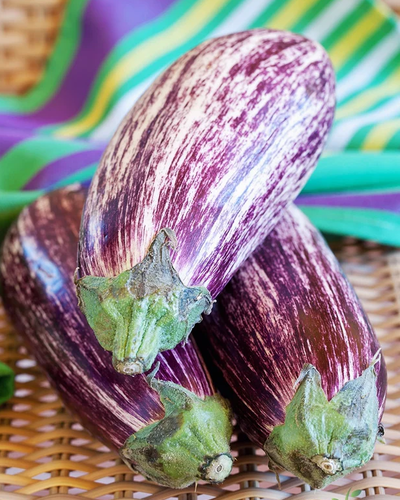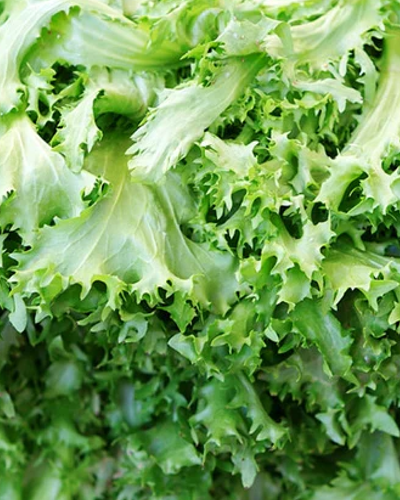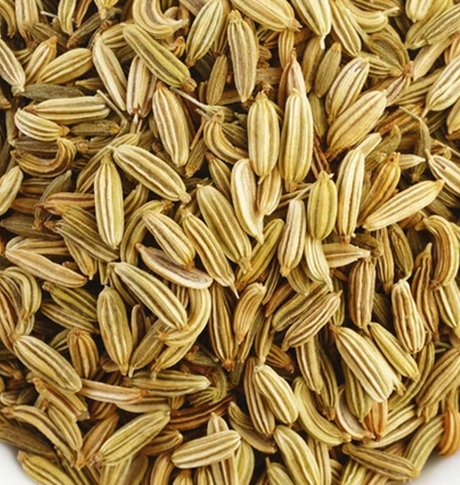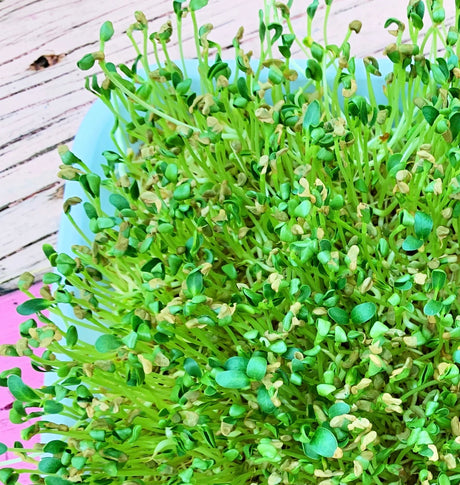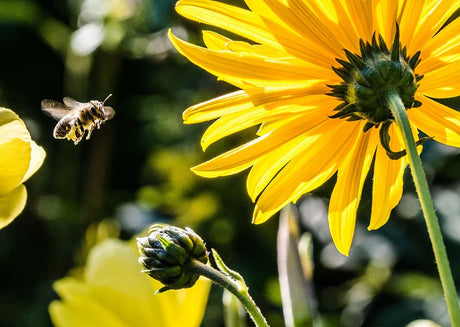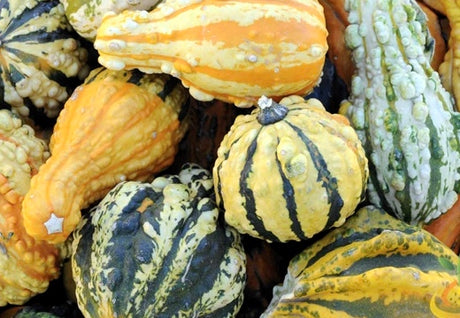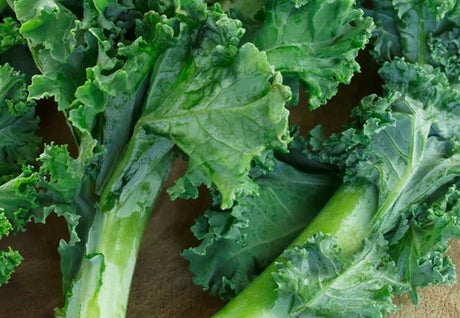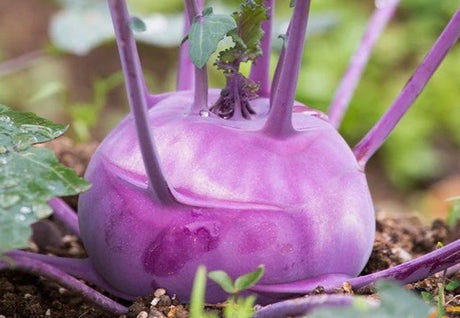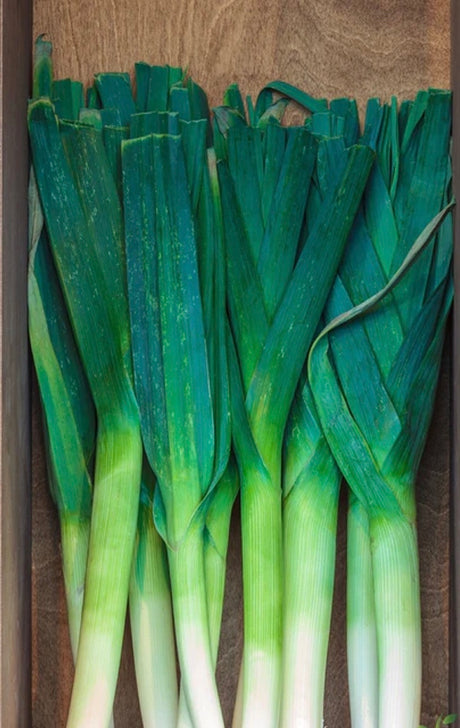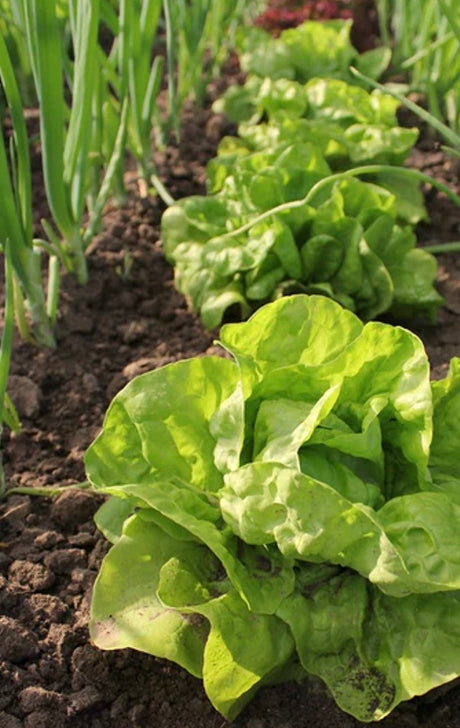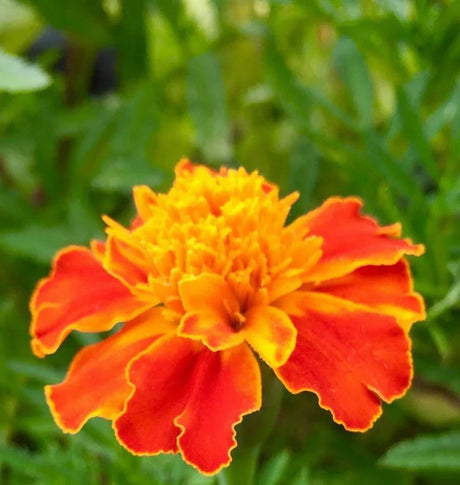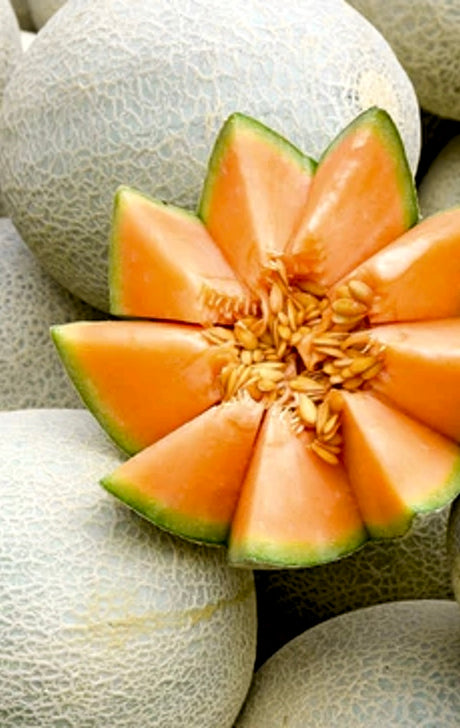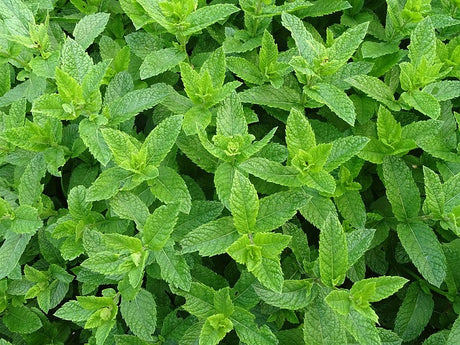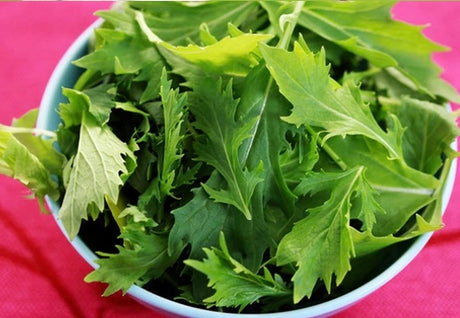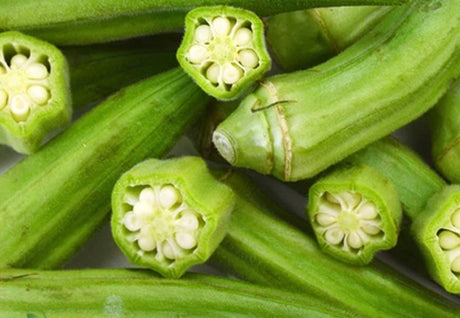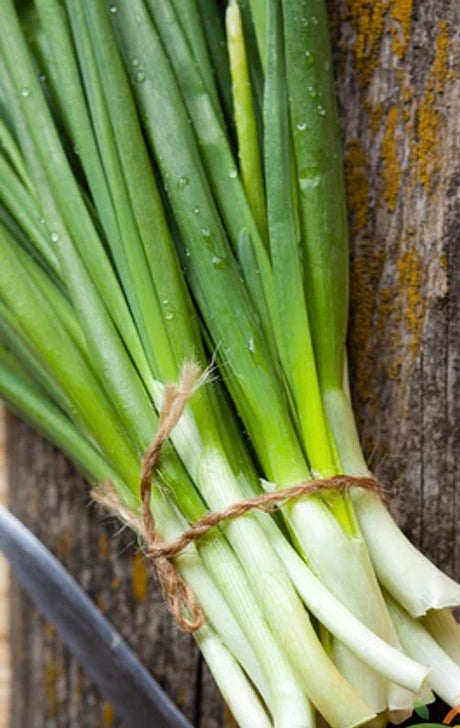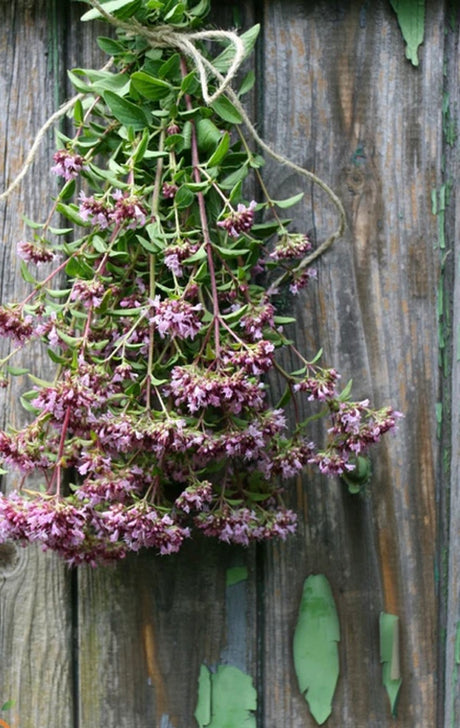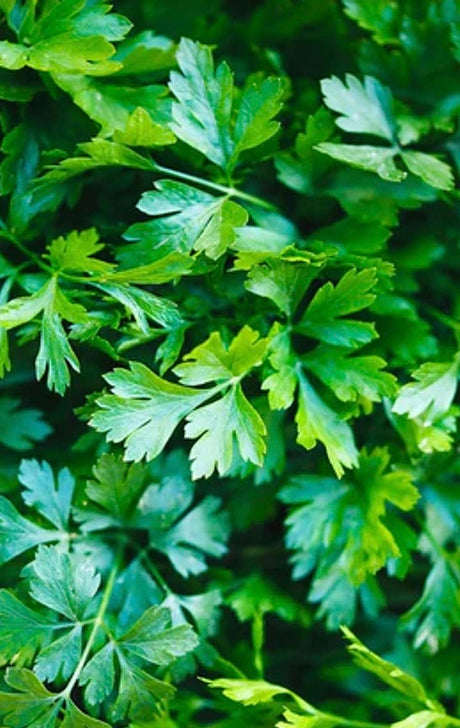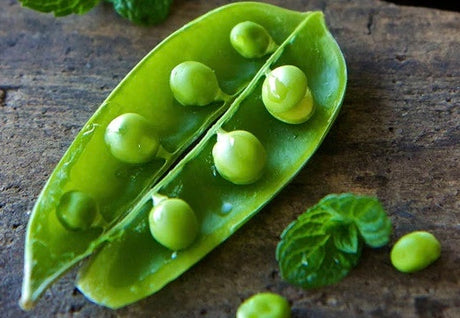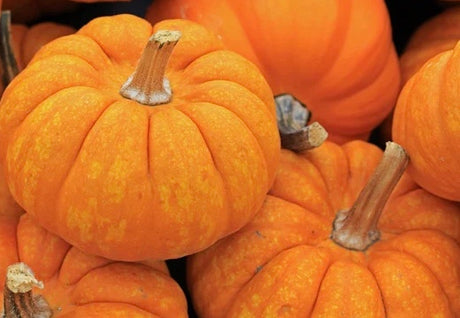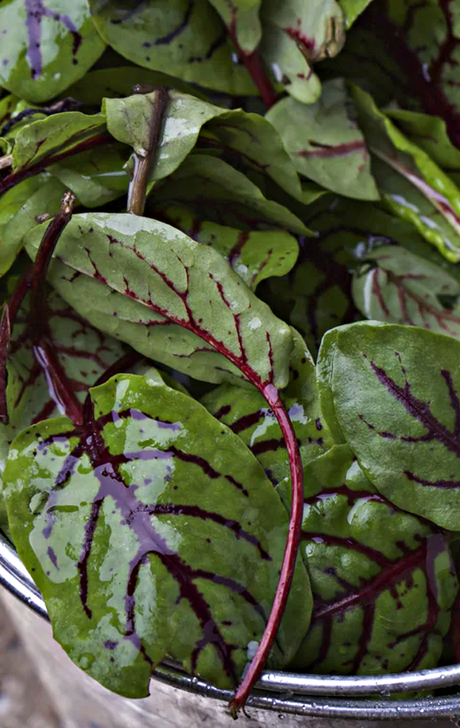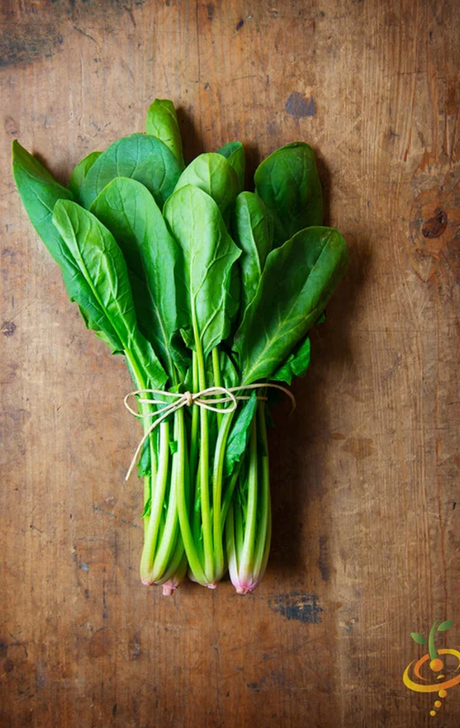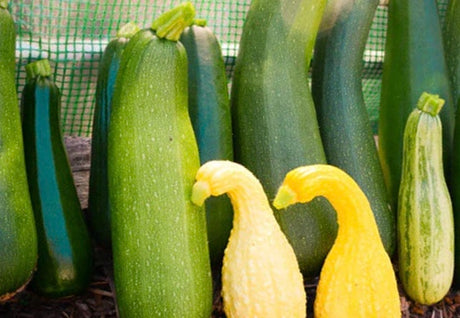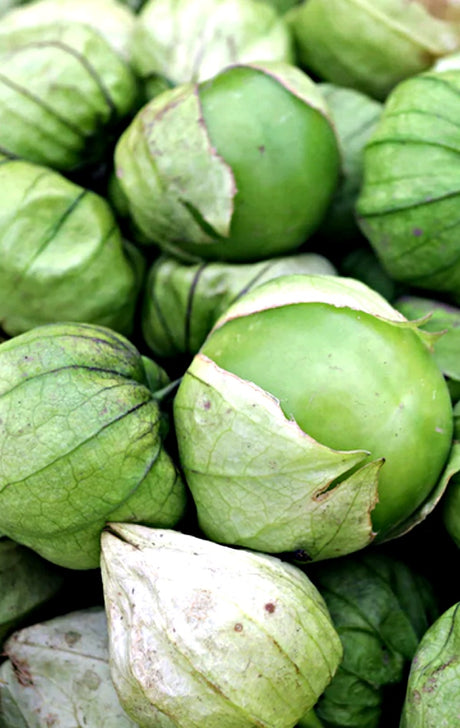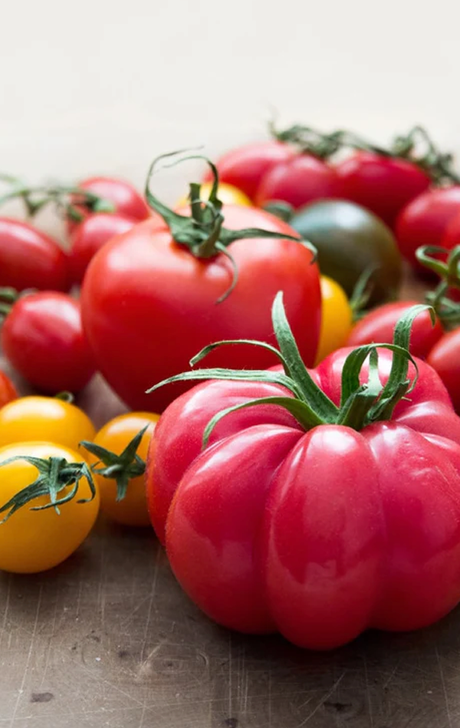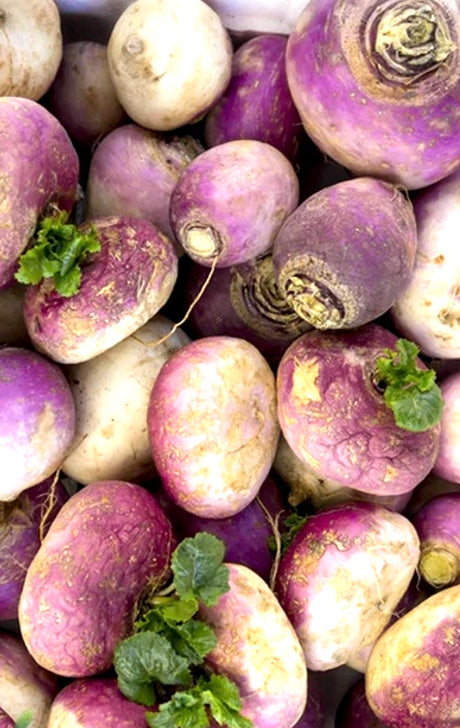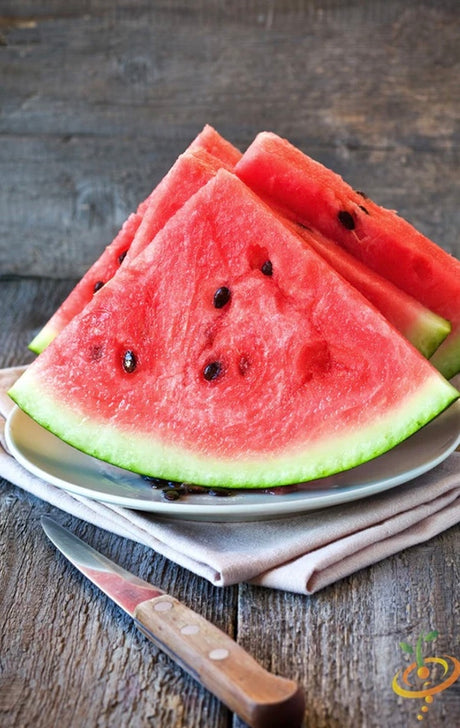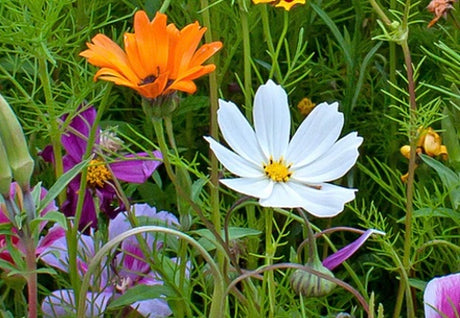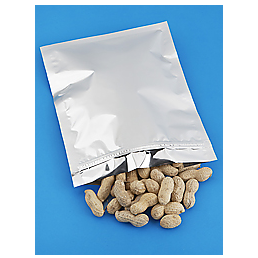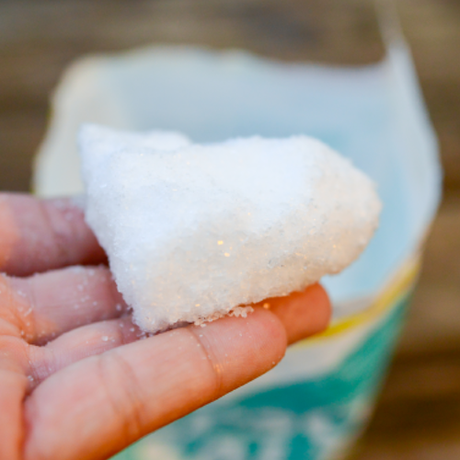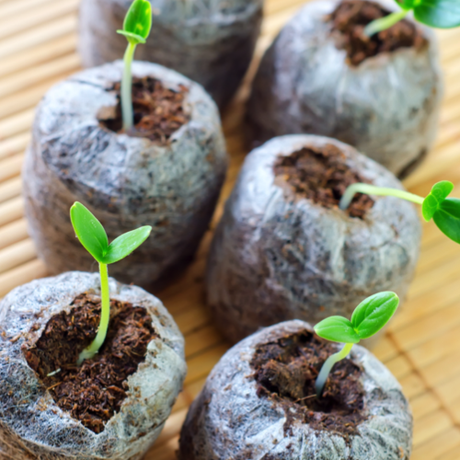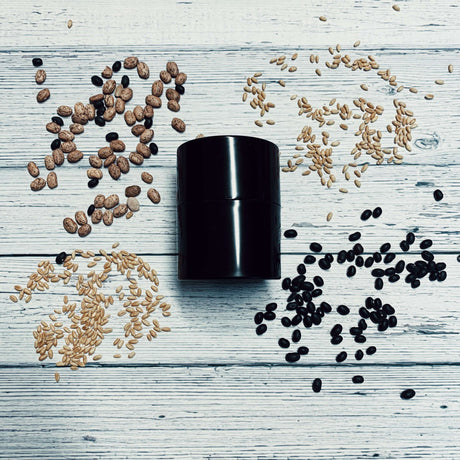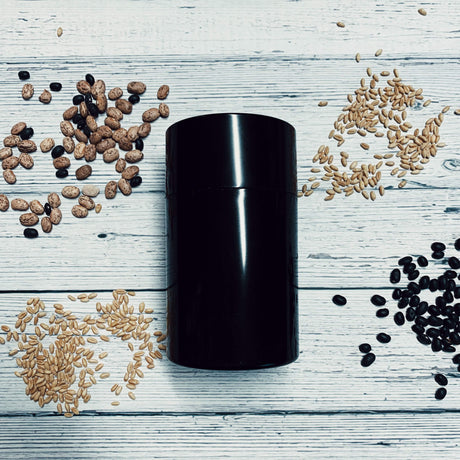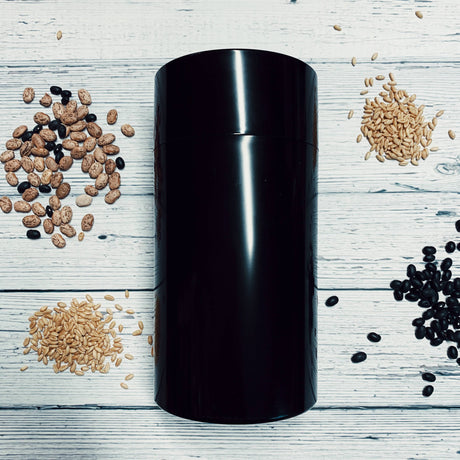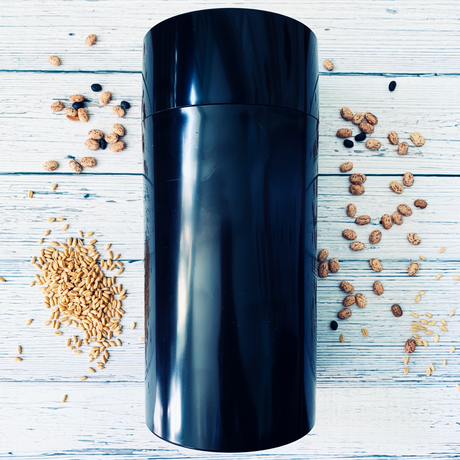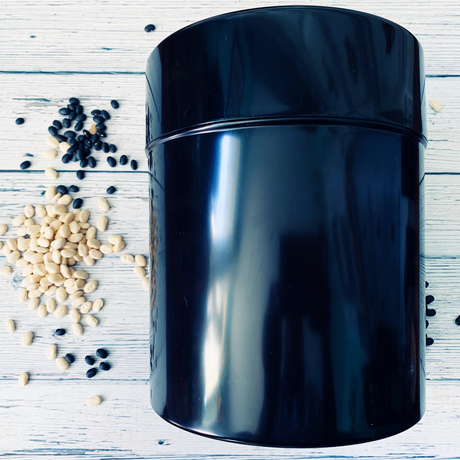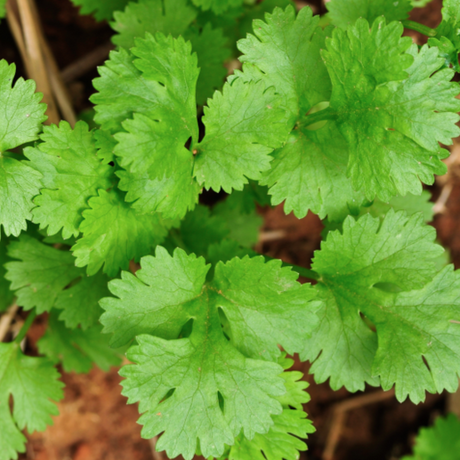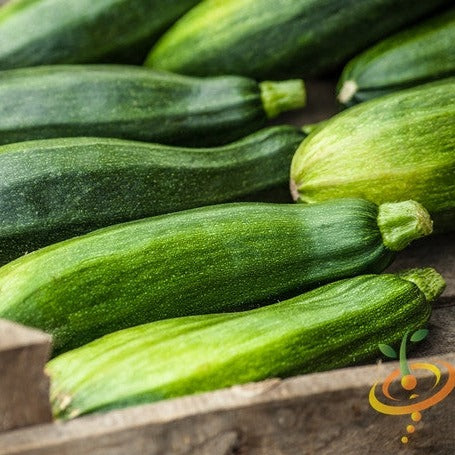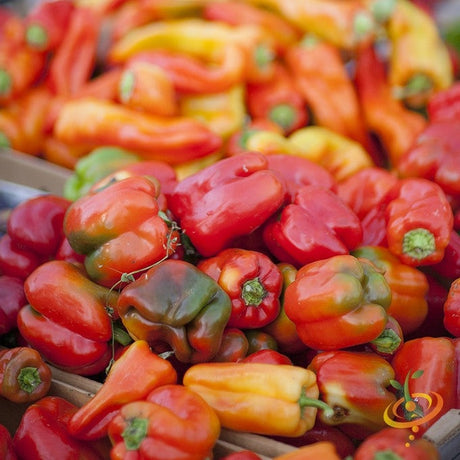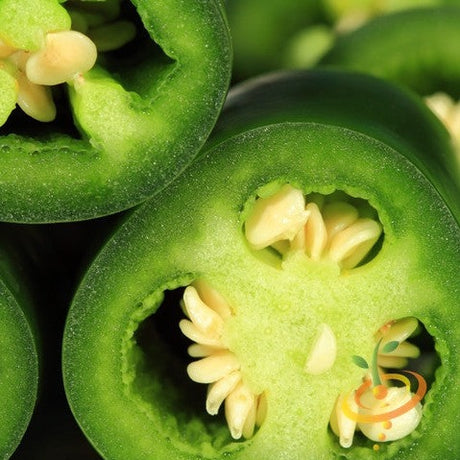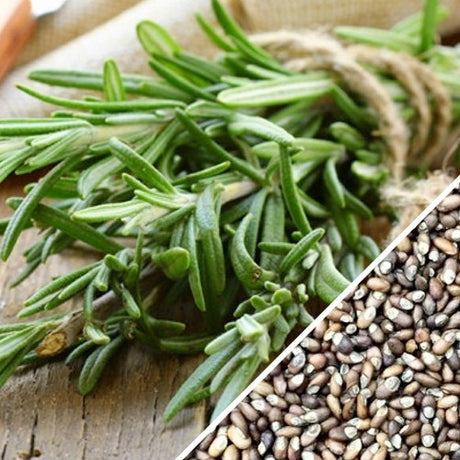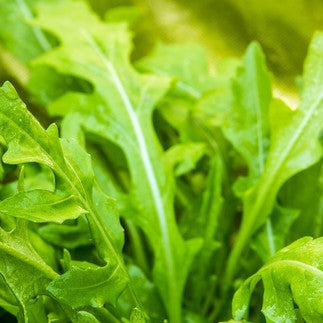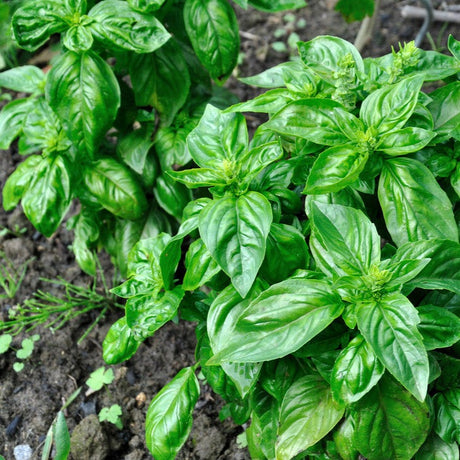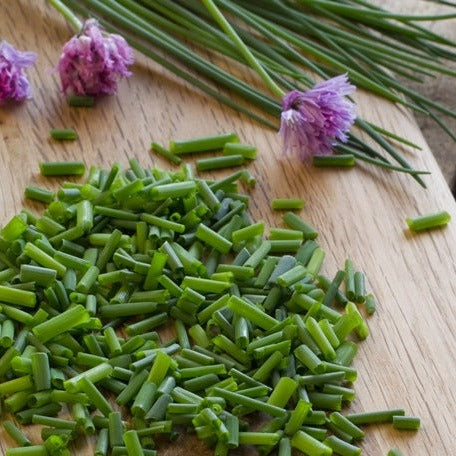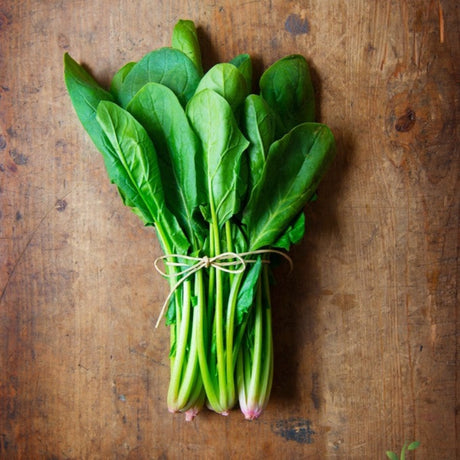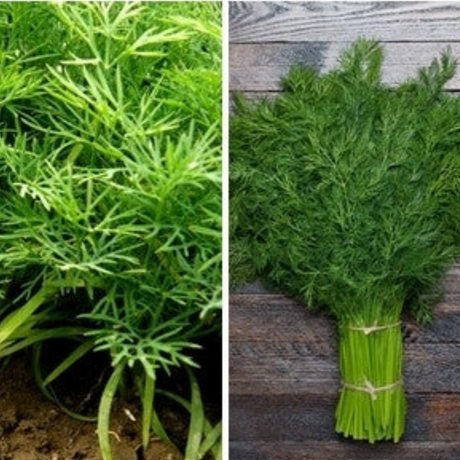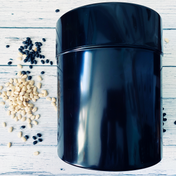Wildflowers - Lupine Scatter Garden Seed Mix
From $499 USDUnit price /UnavailableDescription
 Includes a mix of 5 popular lupine flower varieties and colors. Scatter this mix of seeds in your garden and enjoy a beautiful assortment of lupine flowers.Wildflower establishment requires some important steps:- Site selection/preparation: It's important to address competition from weeds: pull, till, or use organic herbicides. If planting in the spring/summer you can wait for weeds to germinate, control and then plant the wildflower seeds.
Includes a mix of 5 popular lupine flower varieties and colors. Scatter this mix of seeds in your garden and enjoy a beautiful assortment of lupine flowers.Wildflower establishment requires some important steps:- Site selection/preparation: It's important to address competition from weeds: pull, till, or use organic herbicides. If planting in the spring/summer you can wait for weeds to germinate, control and then plant the wildflower seeds.
- Seeding: You will want to have good seed to soil contact, broadcasting by hand is a good approach on small plot, may want to mix with an inert carrier, sand or other. Raking in and covering with soil 2-3 times seed thickness.
- Watering: During establishment for the first month, can be from rain in spring or supplement with irrigation.
- Timing: The best time to plant is in spring to early summer and even again in late fall.
This mix includes all of the following seed varieties:GENUS/SPECIES
COMMON NAME

Lupinus densiflora
Golden Yellow

Lupinus hartwegii
Dwarf Pixie Delight

Lupinus perennis
Perennial Lupine

Lupinus polyphyllus
Russel Lupine

Lupinus succulentis
Arroyo Lupine
- From $299 USDUnit price /Unavailable
Description
The Russell Lupine Mix (Lupinus polyphyllus) is an easy-care perennial. It’s in the legume family, so it fixes nitrogen in the soil and is a great companion plant or cover crop for the vegetable garden. Produces upright stalks of pea-sized blossoms in various shades of blue, pink, purple, red, and yellow with contrasting tips. Grows 1'-3' tall on sturdy stems with daisy-like palmate foliage. Gorgeous in a pot or an entire field.
If consumed in large quantities, seeds can be toxic to people, pets, and livestock.
- Life cycle: Perennial
- Bloom season: Spring, summer
- Attracts: Bees, butterflies, and other pollinators
- Flower meaning: Abundance, change, growth
SEED PLANTING TIPS
- Botanical name: Lupinus polyphyllus
- Hardiness zones: 3-7
- Planting season: Spring, fall
- Days to maturity: 1st or 2nd year
- Cold stratify: No
- Depth to plant seeds: Lightly cover - seeds need light to germinate
- Spacing between plants: 12"-24" apart
- Days to germinate (sprout): 15-75 days
- Germination soil temps: 55-70
- Soil types: Sandy, loamy, moist, well-drained
- Soil pH: 6.0-7.0
- Water needs: Average
- Sun needs: Full sun, part shade
- Frost tolerant: Yes
- Drought tolerant: Yes
- Deer resistant: Yes
- From $299 USDUnit price /Unavailable
Description
The Arroyo Lupine (Lupinus succulentus) is a fast growing annual. It’s in the legume family, so it fixes nitrogen in the soil and is a great companion plant or cover crop for the vegetable garden. Produces dense spires of bright blue pea-sized blossoms with pink or white tips. Grows 2'-4' tall on sturdy stems with daisy-like palmate foliage. Put a few in a pot or plant in wide bands for a striking effect.
If consumed in large quantities, seeds can be toxic to people, pets, and livestock.
- Life cycle: Annual
- Bloom season: Spring, summer
- Attracts: Hummingbirds, birds, bees, butterflies, and other pollinators
- Flower meaning: Abundance, change, growth
SEED PLANTING TIPS
- Botanical name: Lupinus succulentus
- Hardiness zones: 3-7
- Planting season: Spring, fall
- Days to maturity: 1st to 2nd year
- Cold stratify: No
- Depth to plant seeds: Lightly cover - seeds need light to germinate
- Spacing between plants: 12"-24" apart
- Days to germinate (sprout): 15-75 days
- Germination soil temps: 55F-70F
- Soil types: Clay, sandy, loamy, rocky, moist, well-drained
- Soil pH: 6.1-7.8
- Water needs: Average
- Sun needs: Full sun, part shade
- Frost tolerant: Yes
- Drought tolerant: Yes
- Deer resistant: Yes
Lupine, Texas Bluebonnet Flowers
From $299 USDUnit price /UnavailableDescription
The Texas Bluebonnet Lupine (Lupinus texensis) is so named because the blossoms resemble the bonnets worn by pioneer women. This low-growing annual is in the legume family, so it fixes nitrogen in the soil and is a great companion plant or cover crop for the vegetable garden. Produces upright spikes of pea-sized blossoms in rich blue with white tips, but can also pop up in shades of white, pink, purple, and maroon (“Aggiebonnet”). Grows 1'-1.5' tall on sturdy stems with daisy-like palmate foliage. Spectacular in a pot or blanketing an entire field. The state flower of Texas.
If consumed in large quantities, seeds can be toxic to people, pets, and livestock.
- Life cycle: Annual
- Bloom season: Spring
- Attracts: Bees, butterflies, and other pollinators
- Flower meaning: Abundance, change, growth
SEED PLANTING TIPS
- Botanical name: Lupinus texensis
- Hardiness zones: 3-8
- Planting season: Fall
- Days to maturity: 1st or 2nd year
- Cold stratify: No
- Depth to plant seeds: Lightly cover - seeds need light to germinate
- Spacing between plants: 8"-12" apart
- Days to germinate (sprout): 7-30 days
- Germination soil temps: 55F-70F
- Soil types: Clay, sandy, loamy, silty, rocky, chalky, calcareous, dry, well-drained
- Soil pH: 7.5+
- Water needs: Low - do not overwater
- Sun needs: Full sun
- Frost tolerant: Yes
- Drought tolerant: Yes
- Deer resistant: Yes
- From $299 USDUnit price /Unavailable
Description
The Pixie Delight Lupine variety (Lupinus Hartwegll) is a fast growing annual native to Mexico. It’s in the legume family, so it fixes nitrogen in the soil and is a great companion plant or cover crop for the vegetable garden. Produces dense spires of pastel pink, blue, purple, and white tips. Grows 2'-4' tall on sturdy stems with daisy-like palmate foliage. Put a few in a pot or plant in wide bands for a striking effect.
If consumed in large quantities, seeds can be toxic to people, pets, and livestock.
- Life cycle: Annual
- Bloom season: Spring, summer
- Attracts: Hummingbirds, birds, bees, butterflies, and other pollinators
- Flower meaning: Abundance, change, growth
SEED PLANTING TIPS
- Botanical name: Lupinus succulentus
- Hardiness zones: 3-7
- Planting season: Spring, fall
- Days to maturity: 1st to 2nd year
- Cold stratify: No
- Depth to plant seeds: Lightly cover - seeds need light to germinate
- Spacing between plants: 12"-24" apart
- Days to germinate (sprout): 15-75 days
- Germination soil temps: 55F-70F
- Soil types: Clay, sandy, loamy, rocky, moist, well-drained
- Soil pH: 6.1-7.8
- Water needs: Average
- Sun needs: Full sun, part shade
- Frost tolerant: Yes
- Drought tolerant: Yes
- Deer resistant: Yes
 Get invite code
Get invite codeJoin the Monthly Seed Club today & get one free shipment
Get your first month to the Urban Organic Gardener's Monthly Seed Club for FREE with invite code. Limit one time use only. USA shipping only. Offer valid for new memberships only.
Featured Seed Types (A-Z)
Go back to the Seed Shopcontinue shopping
🪴 Essential Supplies -&- More
View all⭐ Our Most Popular Products
View all

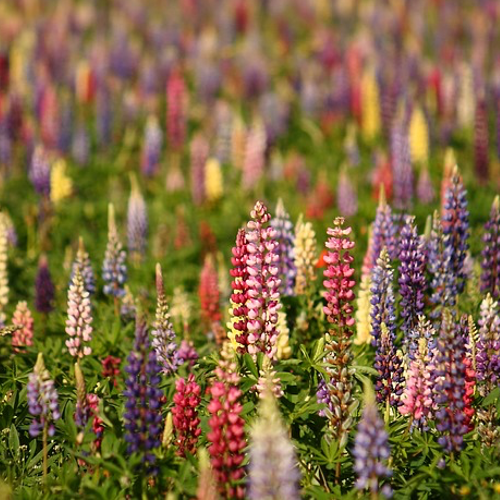


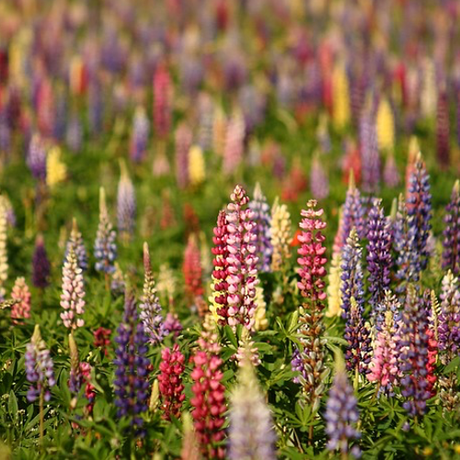
 Includes a mix of 5 popular lupine flower varieties and colors. Scatter this mix of seeds in your garden and enjoy a beautiful assortment of lupine flowers.
Includes a mix of 5 popular lupine flower varieties and colors. Scatter this mix of seeds in your garden and enjoy a beautiful assortment of lupine flowers.




